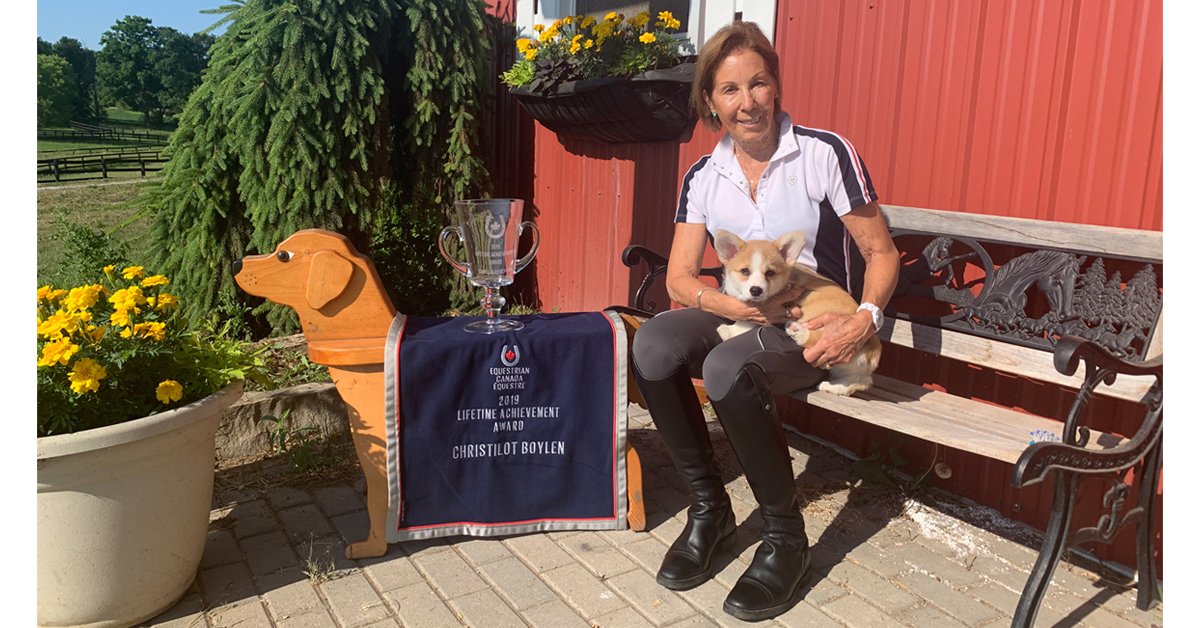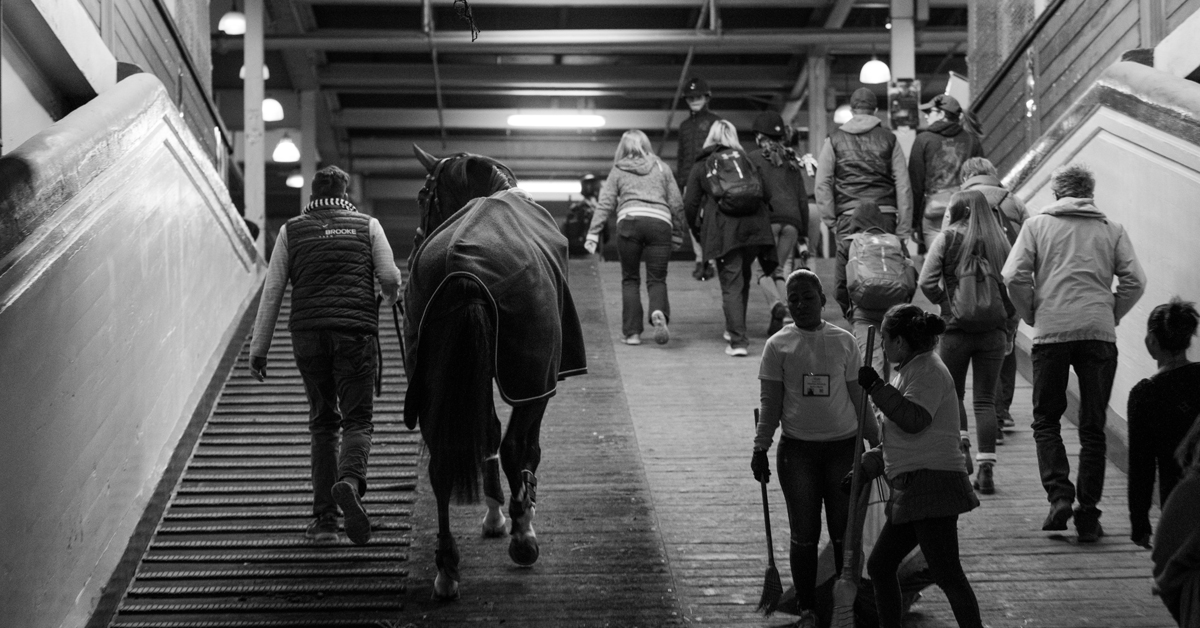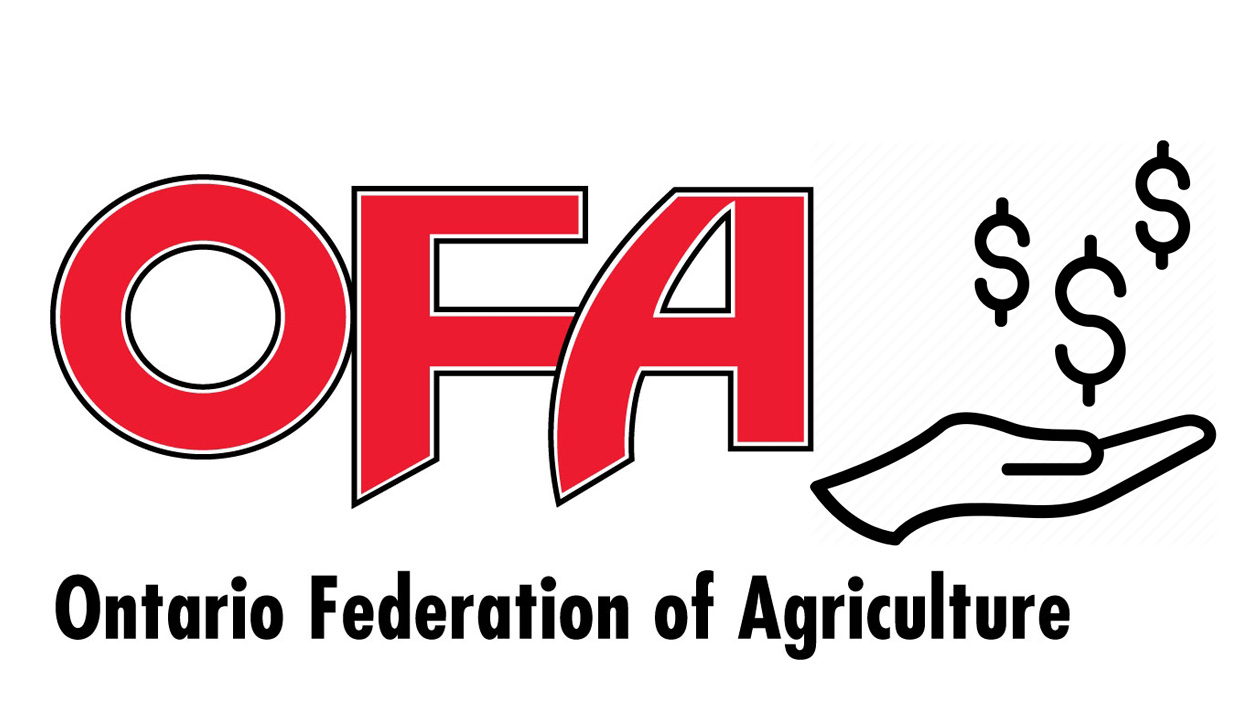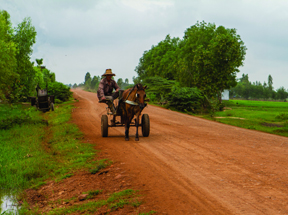Two princesses, numerous experts and 27 countries will come together under one roof with the same aim – to improve the welfare of 100 million working horses, donkeys and mules – at the 7th International Colloquium on Working Equids 2014, hosted by World Horse Welfare, at Royal Holloway, University of London, July 1-3 2014.
It’s the talk of equine experts all over the world; it’s the event that promises to bring together real life experience with scientific theory, only the 7th of its kind in more than 20 years, that will this time join the dots between improved welfare for working horses, donkeys and mules and improved lives for the people who depend on them.
This key event, that will encompass the very unique lives of working horses and their astounding contribution to working families across countries such as Ethiopia, Guatemala, India, Mexico and so many more, is hosted by World Horse Welfare and sponsored by SPANA, Donkey Sanctuary, The Brooke and WSPA.
Already, 150 delegates have accepted, 27 countries will be represented and 17 speakers will be intriguing us with oral presentations that will highlight specific issues related to working horses and their owners. At the same time, 76 insightful poster displays will present the experiences and research findings of people who have devoted their lives to improving the lives of these hard working animals.
To highlight the importance of the topic in international development, the 7th International *Colloquium on Working Equids boasts royal presence as two high-profile princesses, HRH The Princess Royal and HRH Princess Haya, are expected to join the affair and speak on the role that working horses play in human development.
World Horse Welfare Chief Executive, Roly Owers, highlights what the collective effort at this year’s International Colloquium seeks to achieve for the world’s horses:
“Working equids are too often invisible in communities and their key role ignored in too many livelihood systems. We aim to determine why this is so, what the reality of working equids’ contribution is and how we demonstrate it. We also intend to examine how much more these equids could contribute if their welfare improved and the role the veterinary profession can play, as well as what we can do now to encourage this change.”
Key note speakers will explore three pivotal themes. Researcher of veterinary science and animal welfare adviser, Joy Pritchard, will describe the role that working equids play in human livelihoods and how well this is recognised; International human development expert, Tom Morrison, will explore whether a holistic approach to improving equine welfare produces better outcomes and renowned equine vet and professor, Derek Knottenbelt, will explain the role of veterinary science.
After the previous two days’ theoretical discussions in London, the Colloquium party will travel to World Horse Welfare’s Glenda Spooner Farm Rescue and Rehoming Centre in Somerset to put the theory into practice. Here there will be seven interactive zones to learn from: body condition, head and mouth comfort, foot care, disease, future research, UK, owner’s contribution and campaigning. The sections will be run by saddlers, equine dentists, farriers, vets and horse rehabilitation and campaigning teams.
For more information on The Colloquium click here: www.worldhorsewelfare.org/colloquium2014
Note: *A colloquium is a conference at which scholars or other experts present papers on, analyse, and discuss a specific topic.
More from Horse Sport:





